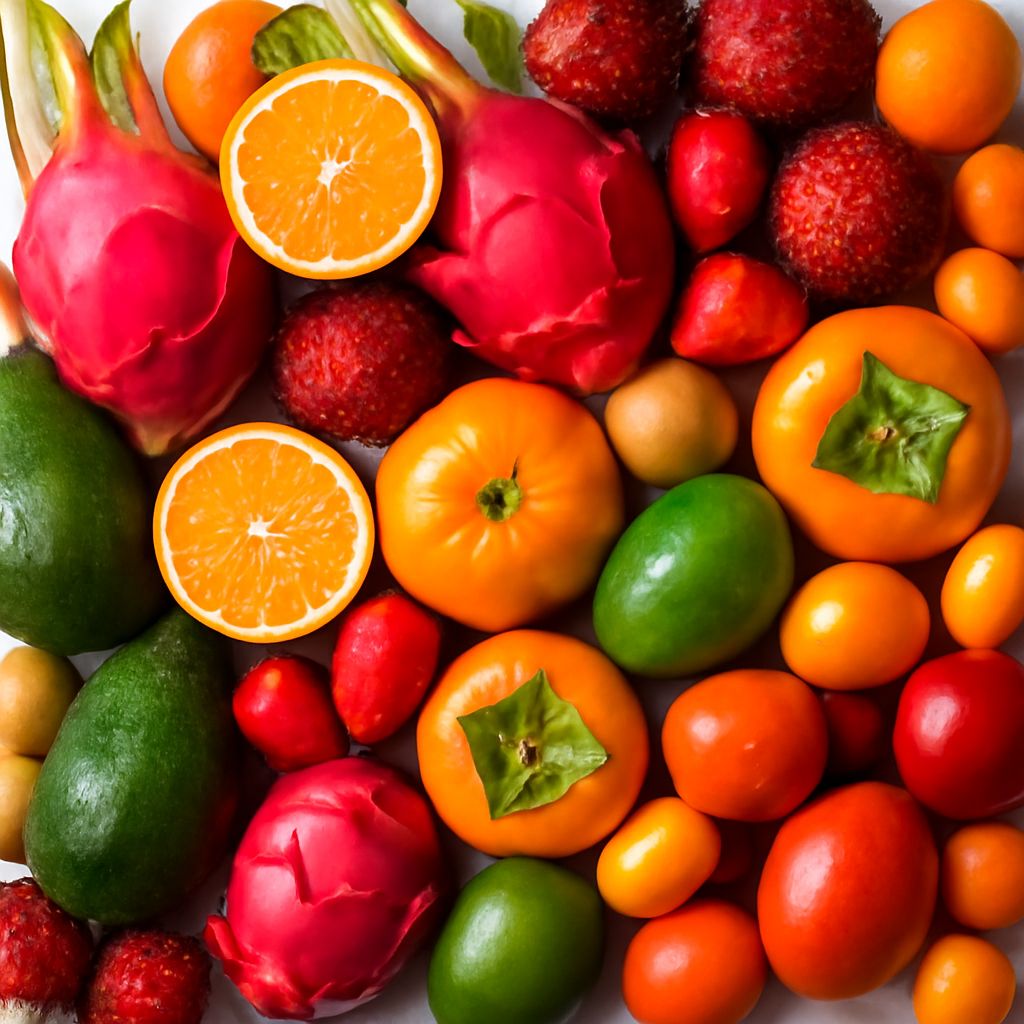News Flash

DHAKA, Sept 13, 2025 (BSS) - Bangladesh is witnessing a steady expansion in exotic fruit cultivation, with farmers across the country reaping substantial financial benefits and contributing to national nutrition security.
Experts say that the successful local production of high-value, foreign-origin fruits such as dragon fruit, sweet oranges (malta), rambutans, strawberries, avocadoes, persimmons, longans, sammam, and net melons is transforming the country's agricultural economy.
"This shift is not just about farming, it's about smart farming," said Nadira Khanam, Deputy Director of the Horticulture Wing at the Department of Agricultural Extension (DAE).
She said, "We're encouraging farmers to cultivate exotic fruits to meet growing domestic demand and reduce our dependence on fruit imports."
She noted that Bangladesh's climate is well-suited for growing many tropical exotic fruits. "There's no negative environmental impact from cultivating these fruits. In fact, they thrive here. Fruit consumption is rising rapidly, and exotic varieties are helping diversify local production."
According to DAE data, the total production of exotic fruits rose from 1,46,922 tonnes in FY 2022-23 to 1,68,577 tonnes in FY 2023-24, an increase of over 21,000 tonnes. Cultivated land also increased from 15,431 to 16,568 hectares over the same period.
Farmers are quickly shifting from traditional crops to more profitable fruit farming.
Akram Hossen, a farmer from Dukundi village in Belabo upazila of Narsingdi, said, "I cultivated rambutans around my ponds and earned Tk 1 lakh this year. Next year, I expect to earn over Tk 2.5 lakh. The fruit has a shelf life of 3-4 months and sells at Tk 1,000-1,200 per kg at the farm level, rising to Tk 1,400-1,500 in retail markets."
Likewise, Selim Reza, a progressive farmer in Natore Sadar upazila, has been cultivating dragon fruit since 2012 over 13-14 bighas of land. Formerly a guava and plum farmer, he now leads Dristanta Agro Farm and Nursery, which spans 25 hectares and also produces avocadoes and rambutans alongside local fruits.
"I'm now focusing on avocado farming, it's proving to be more viable in our local climate," said Reza, who was named an Agricultural Important Person in 2020 and has received more than 81 international awards in the sector.
"If farmers get the right varieties, they can earn Tk 2-5 lakh per bigha from dragon fruit cultivation," Reza added.
Another farmer, Mohammad Nazrul Islam from Dinajpur's Biral upazila, replaced paddy and maize with oranges and sweet oranges on 72 decimals of land, earning about Tk 2 lakh last year.
"The switch was driven by better returns and lower risks," he said.
The surge in exotic fruit production is particularly visible in hilly districts like Khagrachari, Rangamati, and Bandarban, which account for one-fifth of the country's dragon fruit output. In FY 2022, Rangamati alone produced 10,729 tonnes of sweet oranges from 1,179 hectares of land, DAE statistics show. Yet, challenges remain.
Rabiul Karim, a farmer from Barigram upazila of Natore, observed, "Production is rising, but better marketing systems are needed to ensure fair prices for growers."
In hilly regions, dragon fruits are harvested over six months and sold at Tk 80-100 per kg in Bandarban town. From there, traders transport them to major markets in Chattogram, Cumilla, and Dhaka. Despite growing local supply, imported fruits still dominate the market from September to January due to seasonal scarcity.
According to the DAE, Bangladesh imported 3.56 lakh tonnes of fruit in FY 2018, which dipped to 3 lakh tonnes in FY 2020, before surging to 6.16 lakh tonnes in FY 2023. Of the imported fruits, 77 per cent were apples and sweet oranges, with 94 per cent coming from China, India, South Africa, Egypt, Bhutan, and Brazil.
Horticulturist Moynul Huq of the DAE noted a promising trend, "Interest in agriculture is growing among highly educated youth. Many are entering farming with a focus on exotic crops, breaking away from conventional practices."
The government is taking steps to bring more land under both native and exotic fruit cultivation as part of its broader strategy to ensure nutrition security, reduce the Tk 2,500 crore annual cost of fruit imports, and create new income opportunities for rural communities.